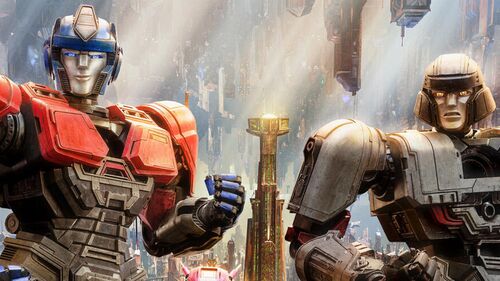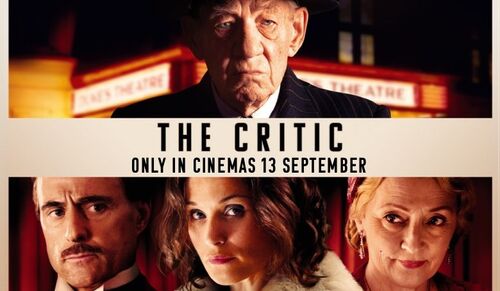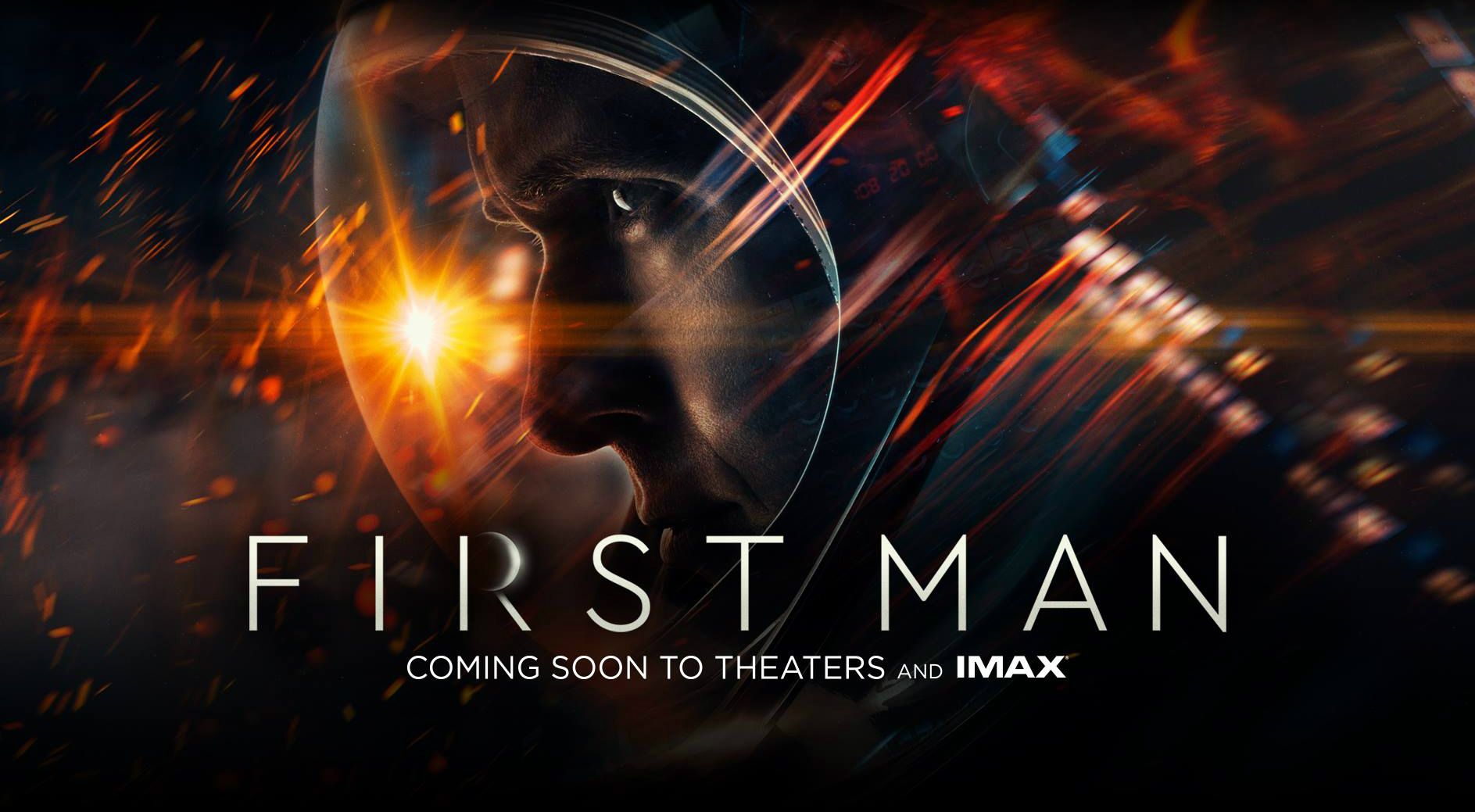
'First Man' Review
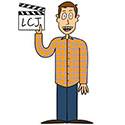 At only 33, director Damien Chazelle already has three great movies on his resume. And they are three very different, distinct films. First was the heart-pounding two-character showdown drama (“Whiplash”). Then came the dynamic, full-blown romantic musical (“La La Land”). His latest is the most “conventional” of the three. Yet, it’s still bold and wildly inventive: a biopic of the central figure of one of the most iconic events in world history.
At only 33, director Damien Chazelle already has three great movies on his resume. And they are three very different, distinct films. First was the heart-pounding two-character showdown drama (“Whiplash”). Then came the dynamic, full-blown romantic musical (“La La Land”). His latest is the most “conventional” of the three. Yet, it’s still bold and wildly inventive: a biopic of the central figure of one of the most iconic events in world history.
“First Man” re-teams Chazelle with “La La Land” star Ryan Gosling, who plays Neil Armstrong, the “First Man” to walk on the Moon. It’s a topic that’s been tackled on screens large and small numerous times. The challenge for Chazelle was to make this well known American hero and nearly 50-year-old event feel fresh.
How does he pull it off? By stripping away all the sensationalism surrounding the Moon Landing and focussing this saga on Armstrong. “First Man” spans nearly the entire decade of the 60s, covering everything, from the early training sessions to personal struggles and finally the Apollo 11 landing itself, almost entirely from Armstrong’s perspective. And Gosling’s incredibly controlled performance shows an Armstrong who was stoic and emotionally restrained, to a fault.
Despite a series of devastating personal and professional losses, we never see (outside of a very early scene) Armstrong lose control. That may have been why NASA officials selected him for the historic role. But “First Man” is not about Armstrong the American Hero. It’s about Armstrong the man. There have been other movies and TV series about the private lives of the space race pioneers, but none have taken us inside the helmet as “First Man” does.
The emotional counter-balance in the film is Armstrong’s wife, Janet (played by “The Crown”’s Claire Foy). She gets a handful of tense, showcase moments in a nomination-worthy supporting role. Stress, pain, anger, fear, helplessness, frustration – Foy demonstrates it all convincingly.
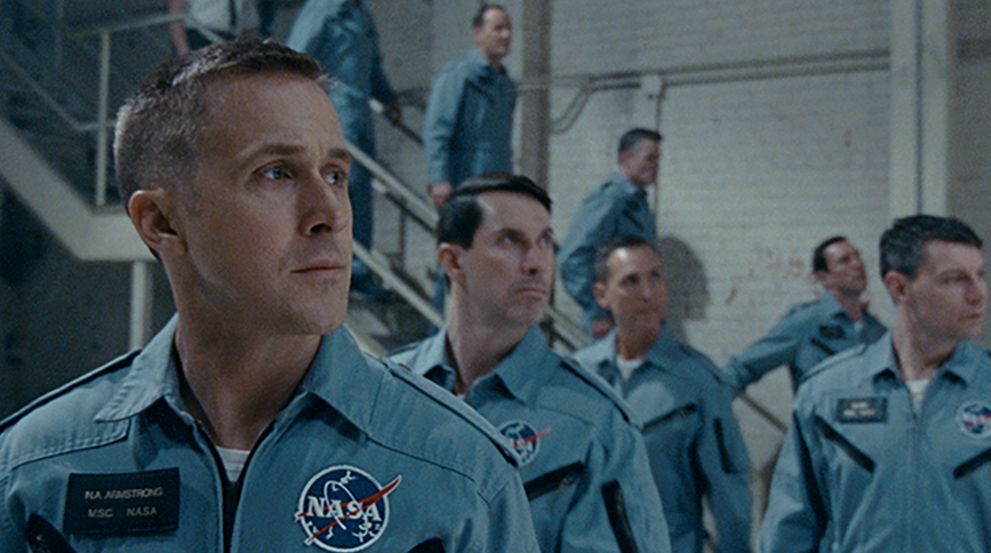
The opening act of “First Man” is a bit choppy. We get a series of back-to-back scenes, mostly involving the training of the young astronaut candidates (including Gus Grissom, Buzz Aldrin and Ed White) without much of a flow to connect them together. Once Armstrong is selected for the Gemini/Apollo programs and testing begins, “First Man” takes off. And it’s Gosling who keeps the narrative on course. Armstrong’s introverted nature may keep this from being a “Best Actor worthy” performance. But I’ll be rooting for Gosling throughout this awards season, as he infuses the role with such power and grace – right to the end.
Composer Justin Hurwitz, Chazelle’s best bud and collaborator, crafts a gentle sci-fi-like score that never delves into hokey or over-the-top territory. The music nicely accompanies the space/action sequences, including the historic, well-executed and climactic moon landing of 7/20/69. Plus, there are some highly effective silent moments. The cinematography, especially inside the rockets and the sequences in space, is impressive.
“First Man” isn’t the most exciting of the galaxy of space sagas of the past two decades. But Chazelle and screenwriter Josh Singer (“Spotlight”, “The Post”) achieve their mission with this gritty, humanized look at the sacrifices that were made to take that one giant leap for mankind.
If Chazelle wants to continue his pattern of making wildly different movies, his next option should be to direct a goofy, adult comedy – the kind of film Adam McKay used to make.

